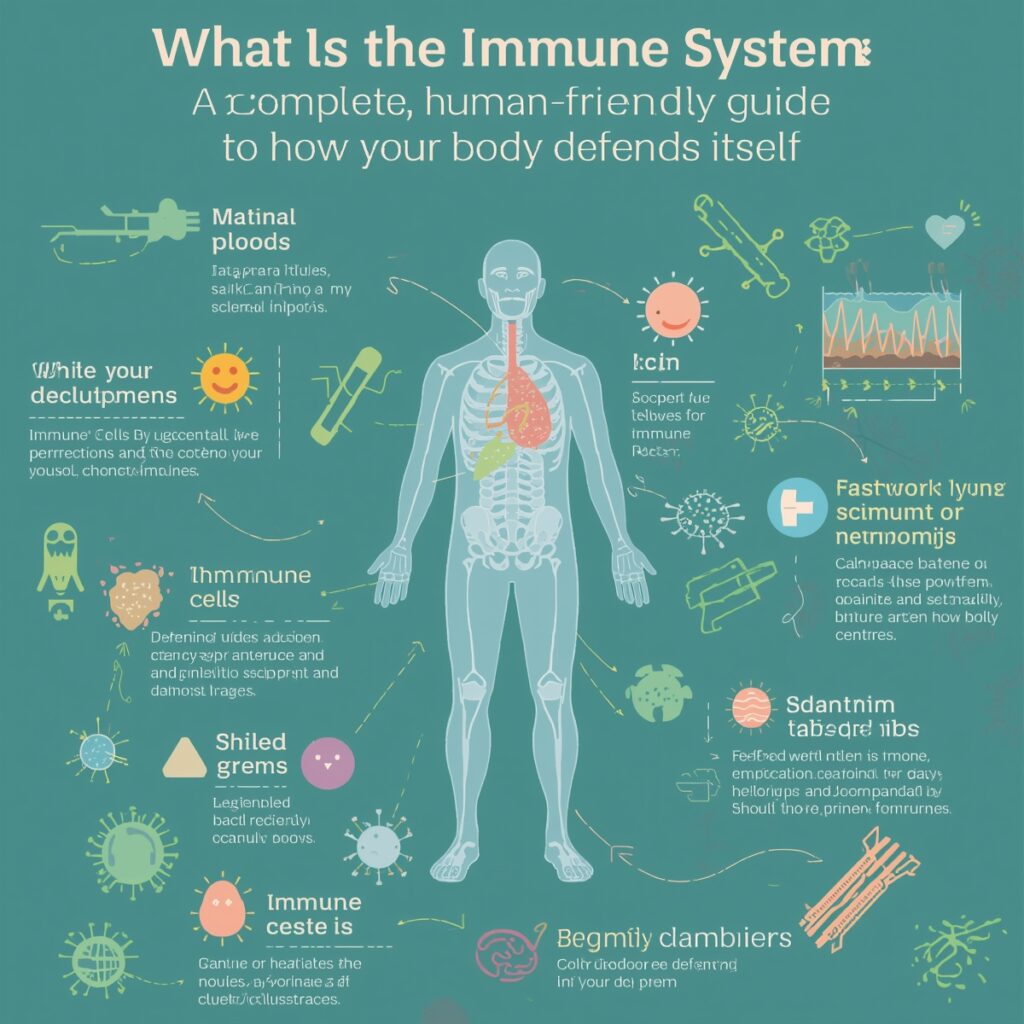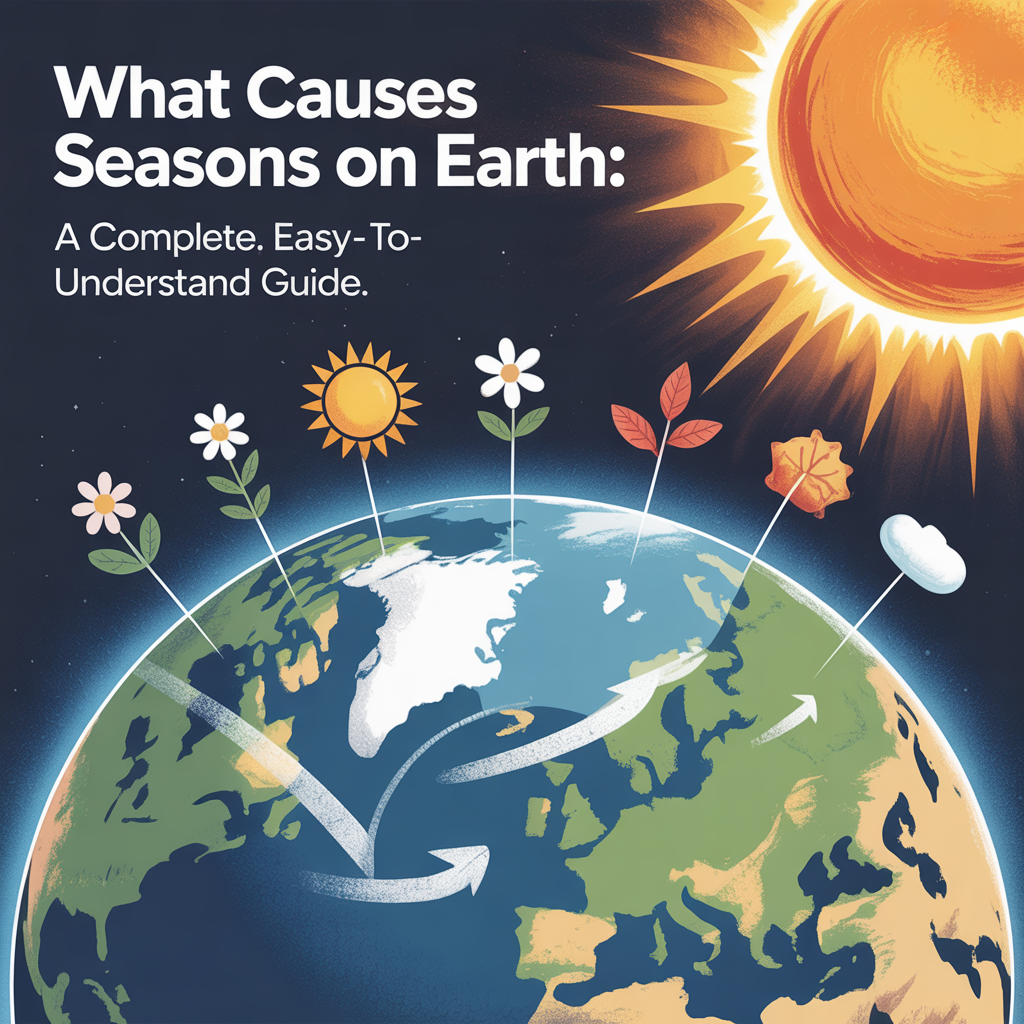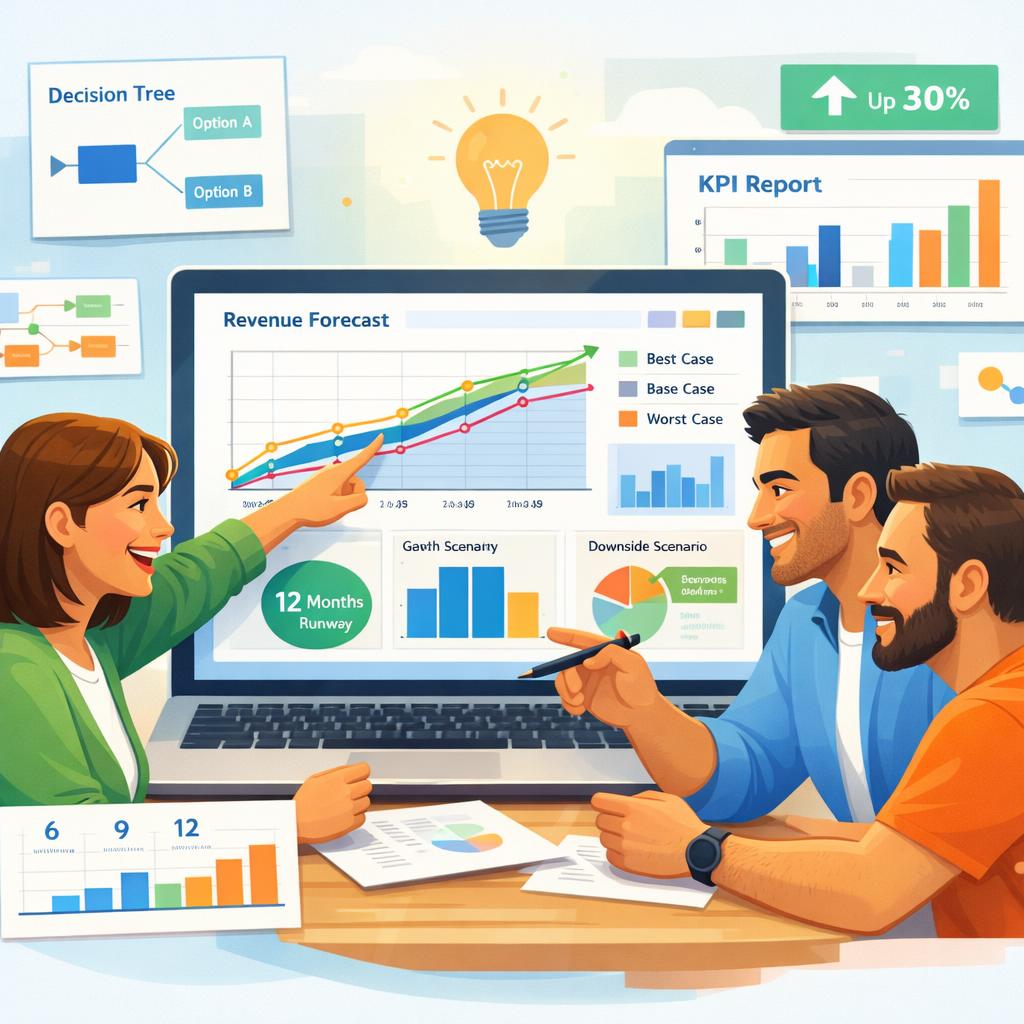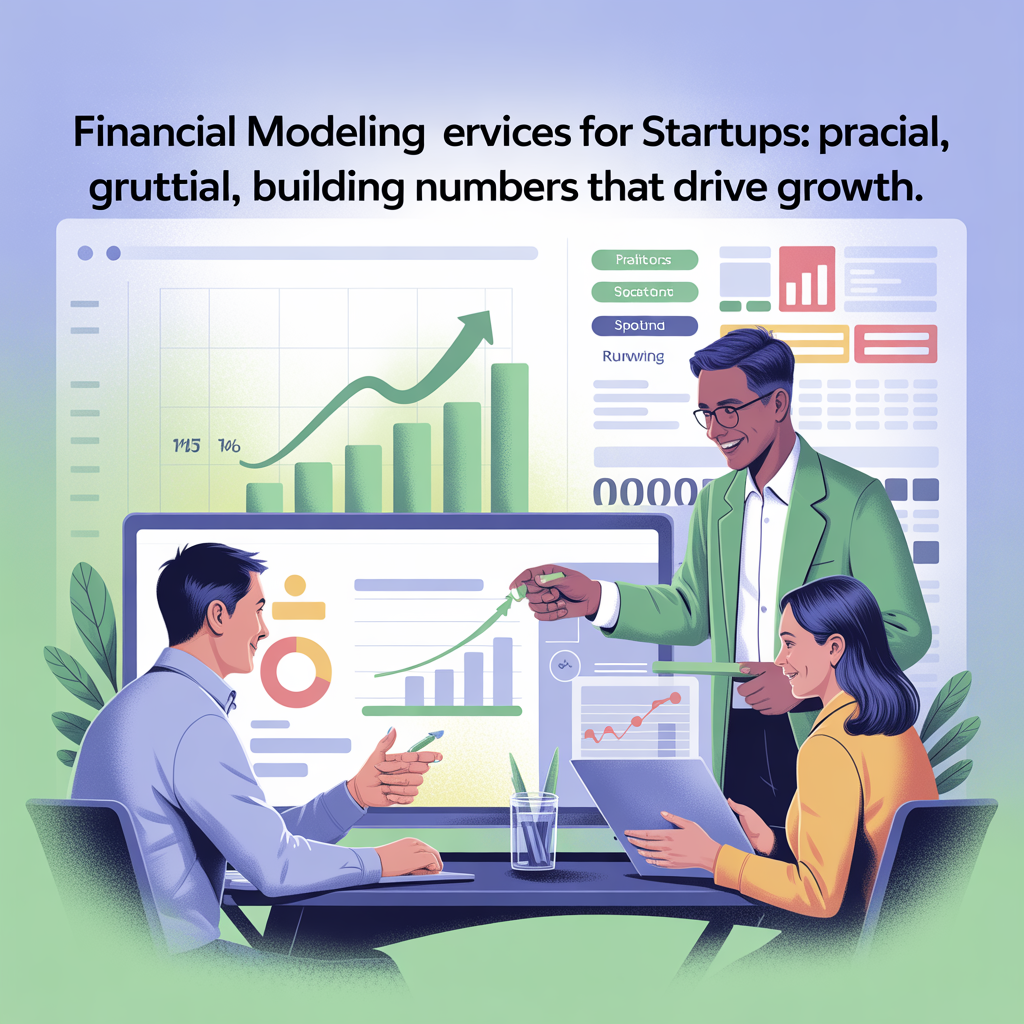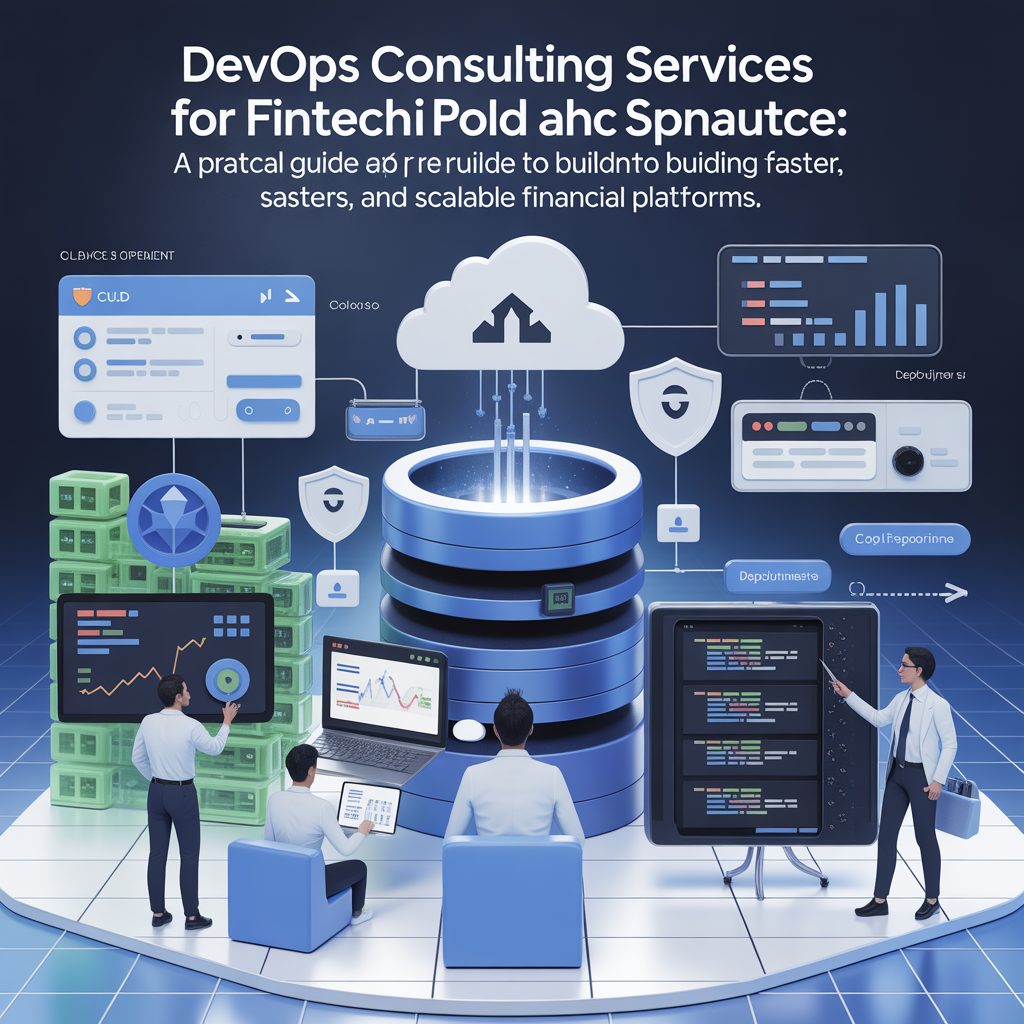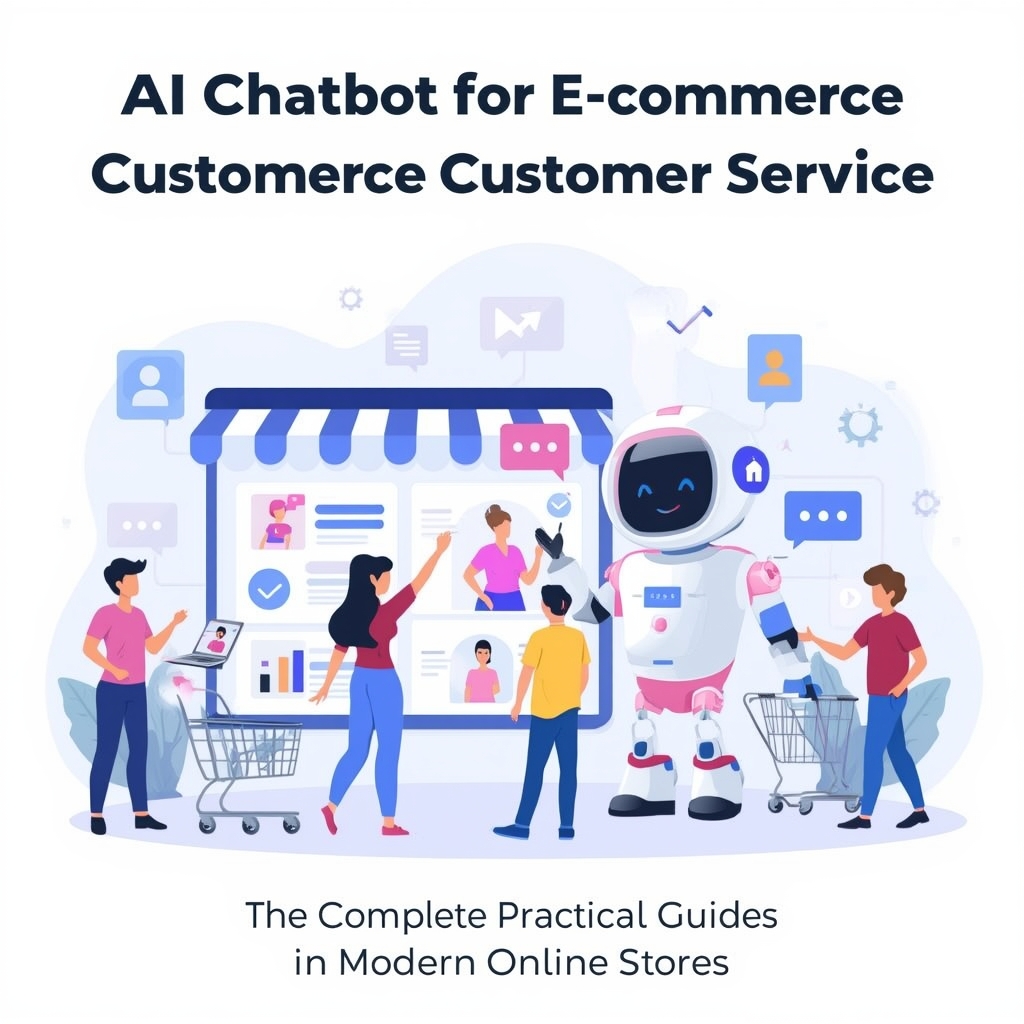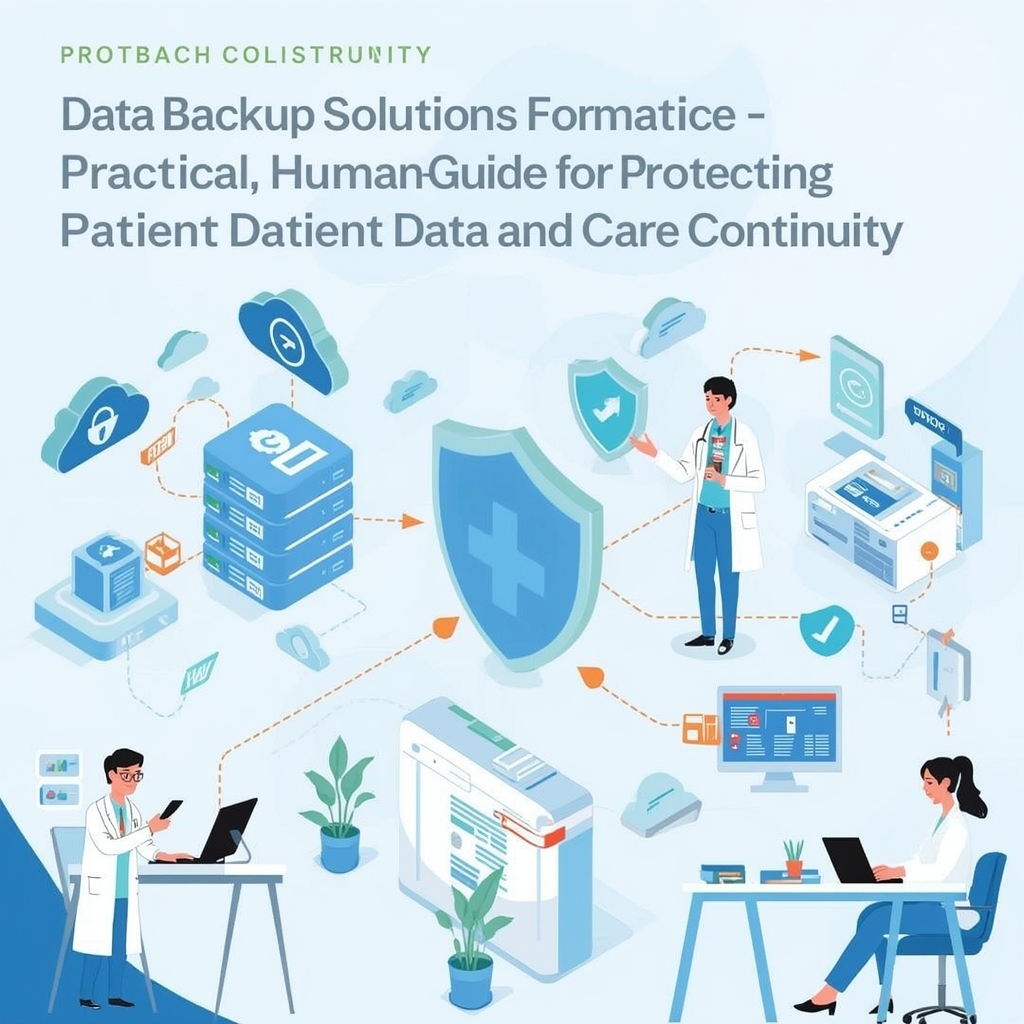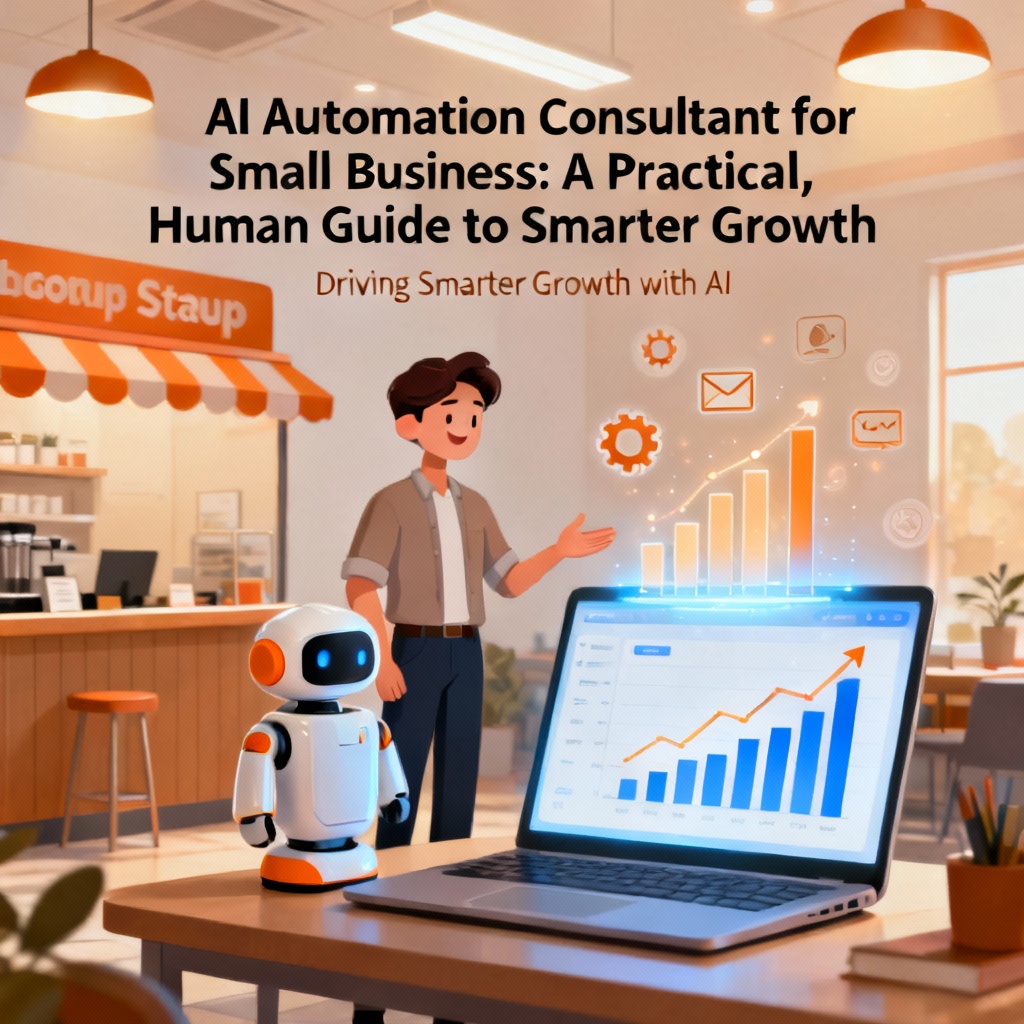Introduction — Science Education Shapes Our Future
Science isn’t just about lab coats and experiments—it’s how we make sense of the world. Good science education equips us to solve real problems, make smarter choices, and stay safe and healthy. From grasping climate change to using new tech or understanding our own health, a basic grasp of science matters every day.
As a science educator and writer, I’ve spent years turning tricky ideas into “aha!” moments for students and curious adults. Drawing on classroom experience, solid research, and today’s education standards, this article offers clear, practical insights—so you can see why science literacy is more important now than ever.
Builds Critical Thinking and Problem-Solving Skills
Encourages Innovation and Curiosity
One of the most powerful aspects of science education in schools is how it inspires students to ask “why” and “how.” That curiosity drives innovation. From young children exploring nature to teens designing robots, science opens doors to discovery.
Having covered STEM competitions and youth innovation programs, I’ve seen firsthand how science education lights a spark in young learners. By encouraging curiosity, we’re not just teaching facts—we’re shaping the next generation of inventors, researchers, and problem-solvers.
Prepares Students for the Future Workforce
In today’s tech-driven economy, many of the fastest-growing careers require STEM (science, technology, engineering, math) skills. Science education equips students with the foundation they need for future jobs in medicine, technology, engineering, environmental science, and more.
According to leading reports and educators I’ve interviewed, employers are looking for candidates with data literacy, analytical thinking, and a scientific mindset. Teaching science early ensures our students don’t just adapt to the future—they lead it.
Improves Health and Environmental Awareness
When students understand science, they make healthier and more informed choices. From learning how vaccines work to understanding climate change, science education empowers people to protect their health and the planet.
As a science communicator who regularly collaborates with healthcare professionals and climate experts, I’ve seen how scientific literacy directly influences positive behavior—like recycling, exercising, or supporting sustainable practices. Education in biology, environmental science, and public health helps create responsible global citizens.
Promotes Equity and Lifelong Learning
Access to quality science education can break cycles of inequality. When all students—regardless of background—are given opportunities to explore and engage in science, it creates a more inclusive and informed society.
Research-backed programs I’ve worked with show that science classrooms that foster hands-on learning, diversity, and access to resources help students gain confidence and discover their potential. Science becomes not just a subject, but a lifelong way of thinking and learning.
Final Thoughts — Science Education Is an Investment in the Future
Science education isn’t just about passing exams—it’s about preparing students to understand, question, and improve the world around them. It’s about fostering curiosity, critical thinking, and innovation that extend far beyond the classroom.
This article is based on real-world educational practices, expert interviews, and years of writing on science and education—to give you trustworthy, actionable insight. Whether you’re a parent, teacher, policymaker, or student, investing in science education means investing in a smarter, healthier, more innovative future.


